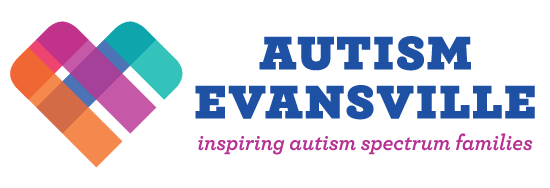Achieving a Better Life Experience (ABLE) Accounts are very similar to 529 college savings accounts or HSAs in that they allow for tax deferred contributions (like HSAs), grow tax free (like 529s and HSAs) and can be used tax free for qualified expenses (like 529s and HSAs). Also, just like 529s, most states sponsor their own ABLE account.
Qualifying expenses include almost anything to maintain or improve the quality of life of the beneficiary—education, housing, transportation, assistive technology, employment training, financial management, healthcare—to name just some.
Families can contribute up to $18,000 (2024) per beneficiary. There is also a $450,000 lifetime limit for contributions to an ABLE account. The first $100,000 of funds do not count against an individual for SSI purposes. Amounts over $100,000 will impact SSI qualification.



